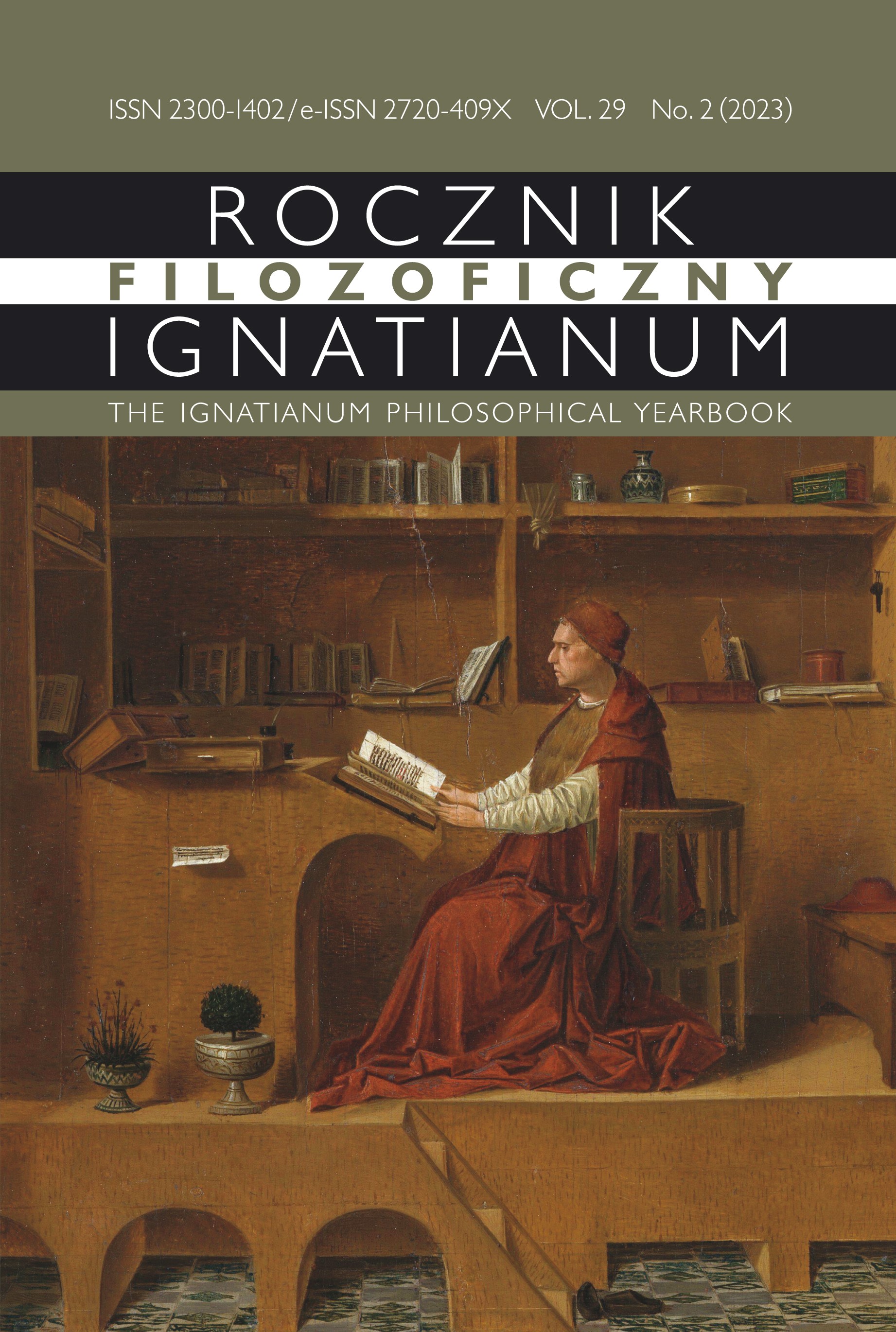Wojna rosyjsko-turecka 1768–1774 w depeszach papieskich dyplomatów w Europie
Abstrakt
W 1768 roku Turcja zagrożona ekspansywną polityką Moskwy, w tym zwłaszcza rozwojem sytuacji w Rzeczypospolitej, wypowiedziała Rosji wojnę. Toczyła się ona do 1774 roku i zakończona została klęską Turcji i podpisaniem pokoju w Küczük Kajnardży, na mocy którego Rosja umocniła się kosztem Turcji w basenie Morza Czarnego, a caryca Katarzyna II zrealizowała dążenia podjęte już za Piotra I Wielkiego. Zmagania wojenne Rosji z Turcją obserwowane były w Rzymie z dużą uwagą, a nuncjusze papiescy starali się nadsyłać do Rzymu wszelkie informacje, jakimi dysponowali na ten temat. Stolica Apostolska w swoich zabiegach dotyczących ratowania statusu Kościoła katolickiego w Rzeczypospolitej musiała też uwzględniać przebieg wojny rosyjsko-tureckiej. Ten istotny aspekt polityki Stolicy Apostolskiej nie był dotychczas poruszany w literaturze przedmiotu – zarówno polskiej, jak i obcej – stąd też niniejszy artykuł jest pierwszą próbą podjęcia tego tematu. Informacji na temat wojny papiescy dyplomaci przesyłali wiele. Pochodziły one nie tylko z dworów, przy których byli akredytowani, lecz także od ich informatorów. Często jednak wiele z tych wieści, co w tym czasie było normą, nie było zbyt dokładnych lub zawierało nieprawdziwe dane, lecz w Sekretariacie Stanu konfrontowano je z innymi źródłami, sprawdzając ich wiarygodność, tak że obraz wojny uzyskany tą drogą dawał dobrą orientację zarówno w przebiegu konfliktu, jak i staraniach dyplomatycznych mających na celu doprowadzenie do zawarcia pokoju. Szczególnie bałamutne były informacje napływające z pogranicza turecko-rosyjskiego i pogranicznych ziem Rzeczypospolitej, sugerujące rozszerzenie konfliktu rosyjsko-tureckiego na Rzeczypospolitą. Jednak konfrontacja informacji napływających z różnych źródeł pozwalała kierownikom dyplomacji papieskiej na odtworzenie w sumie poprawnego obrazu wojny. Nuncjusze papiescy trafnie interpretowali też intencje poszczególnych krajów czy to zaangażowanych w konflikt, czy działania dyplomatyczne mające na celu doprowadzenie do pokoju, jak również realizację interesów poszczególnych państw.
Copyright (c) 2023 Akademia Ignatianum w Krakowie

Utwór dostępny jest na licencji Creative Commons Uznanie autorstwa – Bez utworów zależnych 4.0 Międzynarodowe.
Rocznik przyjmuje do druku wyłącznie materiały, które nie wchodzą w żaden konflikt interesów, żaden konflikt z prawem autorskim itp. Redakcja prowadzi działania przeciw: plagiatom, ghostwriting1, guest/honorary authorship2 itp. Autor pracy zbiorowej, który jest pierwszy na liście, bierze na siebie odpowiedzialność i ma obowiązek przedstawić wkład wszystkich współautorów. Jeśli publikacja powstała dzięki dedykowanym środkom finansowym, należy ujawnić to np. w Podziękowaniu, przypisie itp. Ew. przedruki wymagają jawnego zgłoszenia i okazania odpowiedniego pozwolenia wydawniczego. Autorzy / Recenzenci nierzetelni narażają się na reakcję właściwą stosownym instytucjom.
______
1 Ma to miejsce, gdy osoba mająca istotny wkład jest pominięta na liście Autorów czy w Podziękowaniu.
2 Zachodzi, gdy na liście autorskiej pojawia się osoba mająca znikomy/żaden udział w pracy.





